THE new theatre show Wild aims to transport audiences into a world where the boundaries between reality and imagination blur, through a blend of storytelling, music, and immersive soundscapes and performances, its British Indian writer Rochi Rampal said.
“Wild promises a deeply engaging experience. The audience will be surrounded by the sounds and stories, allowing them to become fully absorbed in the world the production presents. The intention is to foster a deeper connection between the audience and the material,” Rampal told Eastern Eye.
“The production is supported by a talented performance company, including skilled actors and singer-songwriter Katy Rose Bennett, who has composed original songs for the show. A community choir and rich soundscapes will envelop the audience, creating a unique, immersive experience where the action takes place in and around the audience itself.”
Presented by Black Country Touring, the show draws inspiration from the real life experiences of Black Country (area of the West Midlands) residents. It weaves together stories of “wildness” shared by locals, including community workers and a mountain rescue team, into a compelling theatre production. The aim is to bring professional theatre to small, local venues, creating performances that resonate with the lives of the people there.
According to Rampal, the production is not structured around a single story. Rather, it is composed of multiple narratives inspired by real-life conversations with people from the Black Country, each sharing their own experiences of what wildness means to them.
She said, “From those living in rural areas with a connection to nature to those in landlocked cities where wildness is experienced in urban landscapes, the show brings together a range of perspectives.”
The project, which began earlier this year, has its roots in long-standing partnerships with community gardens in the Black Country, where the seeds of the idea for Wild first took shape. As people’s relationships with the outdoors changed after lockdown, so did the inspiration for the production. The result is a powerful and original theatrical experience, combining personal stories with an immersive auditory landscape.
“With its mix of rich storytelling, community involvement, and innovative use of sound, Wild offers a fresh and compelling theatrical experience,” the British Indian writer said.
“Audience members are likely to find themselves relating to some of the stories while being surprised and intrigued by others, reflecting the wide-ranging interpretations of what it means to be wild,” the Birmingham-based creator added.
Rampal also stressed the dual challenge and reward of working with diverse communities in non-traditional spaces. “When creating projects in these settings, the challenge lies in representing the wide range of stories and experiences,” she explained. However, she noted that this diversity brings invaluable rewards: “Different experiences allow us to find common ground amidst diversity.”
Taking Black Country as a prime example, Rampal highlighted the area’s unique tapestry of voices. “In the Black Country, we have people from south Asian and Eastern European backgrounds alongside those whose families have been rooted in the region for generations,” she pointed out. This blending of diverse narratives, while significant in its challenges, ultimately showcases the richness of shared human experiences and the power of storytelling. “Bringing together these diverse voices is a rewarding experience, as it demonstrates how we can coexist and share stories.”
Established in 1997, Black Country Touring addresses the lack of opportunities for people to access theatre, dance, and film in an area with some of the lowest levels of arts engagement in the UK.
“As for performing in non-traditional venues, it’s not something we see as a challenge because it’s part of what we do at Black Country Touring. From the outset, we design our work to be flexible enough to adapt to different spaces, whether that’s a small community venue or a larger, uniquely shaped environment. We make it a feature of the art itself, ensuring that the audience is part of the performance, not just spectators,” Rampal pointed out.
In her opinion, the latest technological advancements have helped to create more diverse productions across the world, like one she did in Ghana.
“My experience working with different companies around the world has been quite varied and often nerve-wracking. Unfortunately, I haven’t had the opportunity to work with Indian groups, although I would love to do so in the future. That remains a hope and dream of mine.
“I have collaborated with companies both in person and remotely, creating work in their spaces or working through live video links. This has allowed me to be part of projects where performances happen simultaneously across different countries, which is exciting but also challenging due to the reliance on digital connections,” she said.
The poster of Wild“Most recently, we worked on a Black Country Touring project in collaboration with the Accra Theatre Company in Ghana. We created a live performance connected via video link, where characters interacted dramatically in real-time across two different countries.
“The audiences were present in both locations, which was thrilling but also added pressure due to the unpredictability of the digital link. However, the excitement of collaborating with people from other continents made it worthwhile.”
She further said, “Last year, we performed a project we had been working on for a couple of years, which resulted in a children’s storybook called Where Are You?. It explored the theme of connecting friendships across continents, which was a beautiful experience. Additionally, I have been involved in projects where theatre shows were performed simultaneously in countries like Germany, Greece, and the UK.
There is opportunity to create work like this, especially with the ease of connecting digitally with people worldwide.”
She noted that while digital collaboration existed before the pandemic, its use was accelerated by the crisis.
Regarding accessibility, Rampal said it’s crucial, especially for those traditionally excluded from the arts.
“Many people don’t have the resources or the desire to travel to large theatres in major cities. We believe that everyone should have access to the arts because it allows us to explore the fundamental ideas that unite us as humans. No matter where we come from or what our experiences are, we all have important stories to share, and that’s something worth celebrating.”
Rampal said that Asian representation in theatre has been improving for some time now, but more needs to be done.
“Asian representation in theatre has certainly improved compared to the 1980s and 1990s when I started my career. While there’s still work to be done, the path is clearer now for young people from Asian backgrounds who want to pursue a career in acting.
“It’s a slow shift, but we are moving away from the stereotypes that once dominated the industry. There are more opportunities now for diverse stories to be told, and that gives me hope for the future,” said Rampal, who is a visiting tutor at Royal Birmingham Conservatoire.
“In terms of being seen as ‘other,’ I think that for anyone reading this who identifies with this experience, whether as British Indian or British Asian, you might recognise the feeling of being ‘othered.’ However, that’s part of the fabric of who we are, and hopefully, we continue to push against it and become part of the change.
“The doors are much more open now compared to the 1980s, which was a completely different time. But there’s still work to be done, of course. This isn’t meant to discourage anyone, though.”
When asked about managing creative work and teaching, she said, “I teach theatre degree students, but it’s not fulltime. I work part-time, and I try to make both aspects of my life—teaching and creating—work together. The students I teach are learning about the type of work I like to create, so there’s a natural crossover. Luckily, part of my teaching involves creating work, so I get to make things with my students, which is brilliant.
“Since I’m not a full-time teacher, I also have the freedom to pursue my own creative projects. My future plans are to continue creating work in this way and explore how we can collaborate across different regions, including in India.”
Wild opens on 16 October and visits Brierley Hill, Wednesbury, Stourbridge, Wolverhampton, Smethwick, West Bromwich, and Walsall.






 'The Guilt Pill' her latest booksaumyadave.com
'The Guilt Pill' her latest booksaumyadave.com











 Milli Bhatia
Milli Bhatia
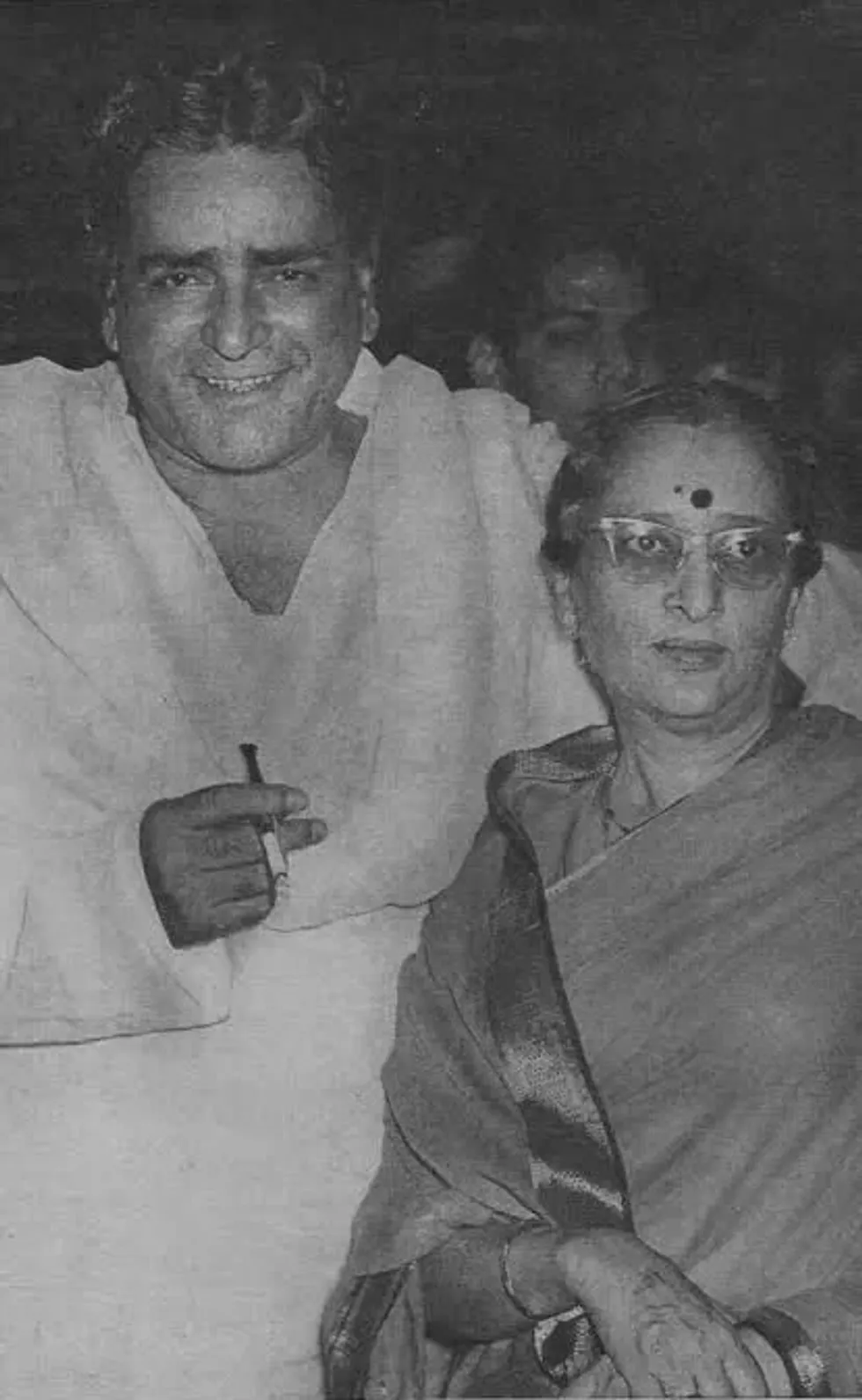 Prithviraj Kapoor and Ramsarni Mehra Reddit/ BollyBlindsNGossip
Prithviraj Kapoor and Ramsarni Mehra Reddit/ BollyBlindsNGossip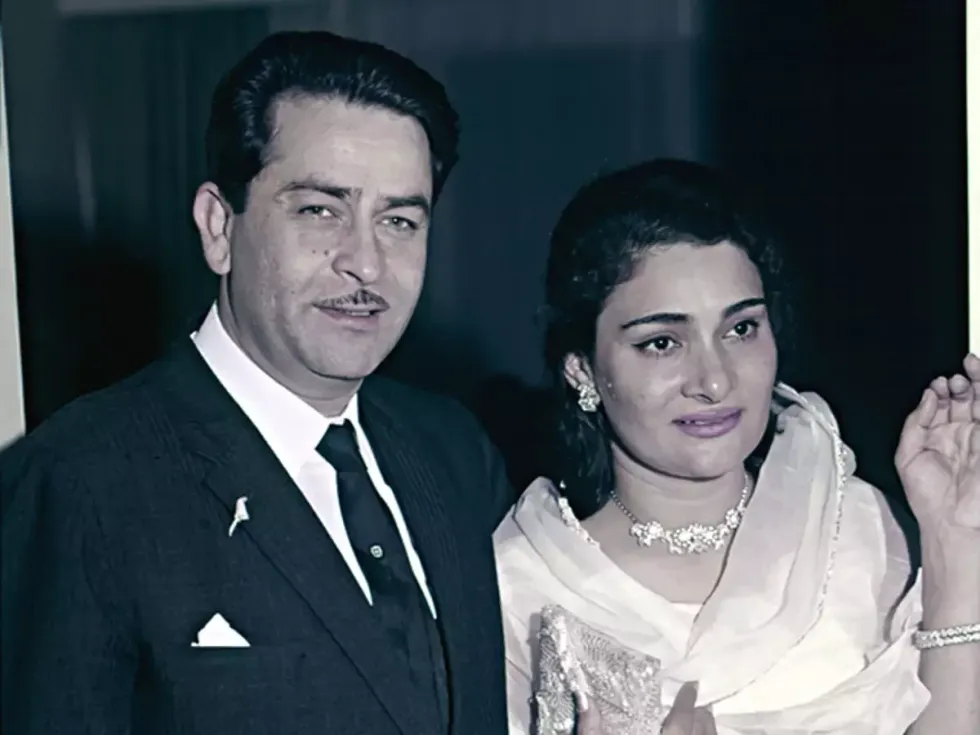 Raj Kapoor and Krishna MalhotraABP
Raj Kapoor and Krishna MalhotraABP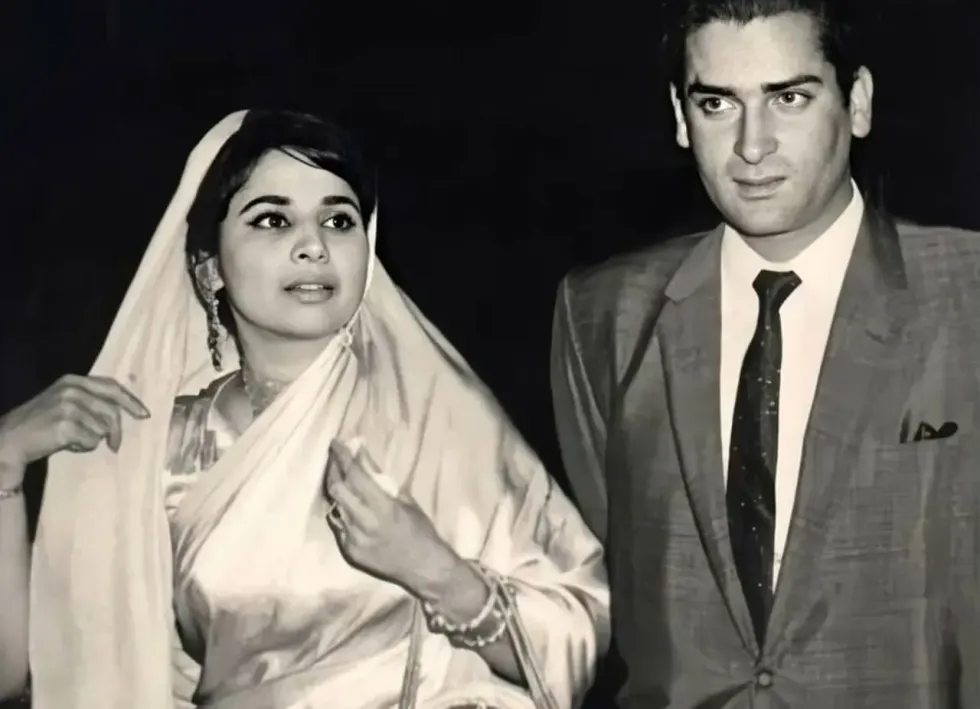 Geeta Bali and Shammi Kapoorapnaorg.com
Geeta Bali and Shammi Kapoorapnaorg.com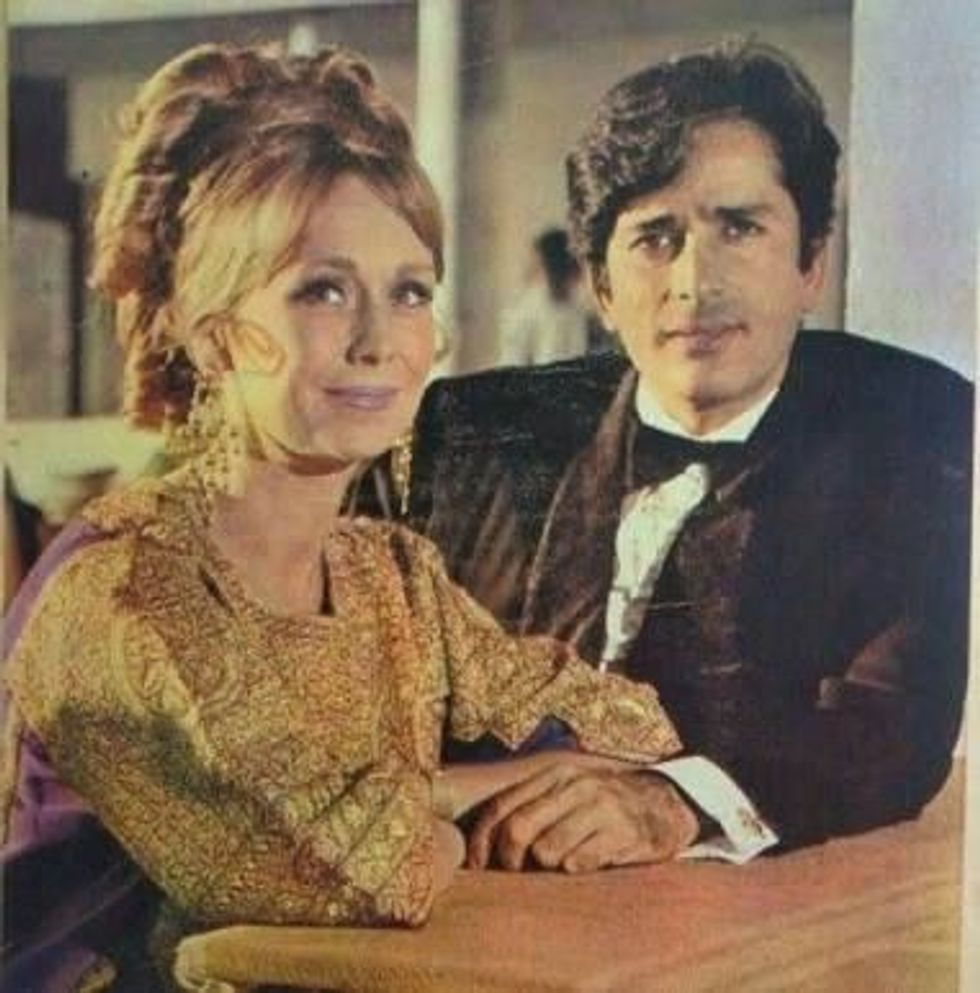 Jennifer Kendal and Shashi KapoorBollywoodShaadis
Jennifer Kendal and Shashi KapoorBollywoodShaadis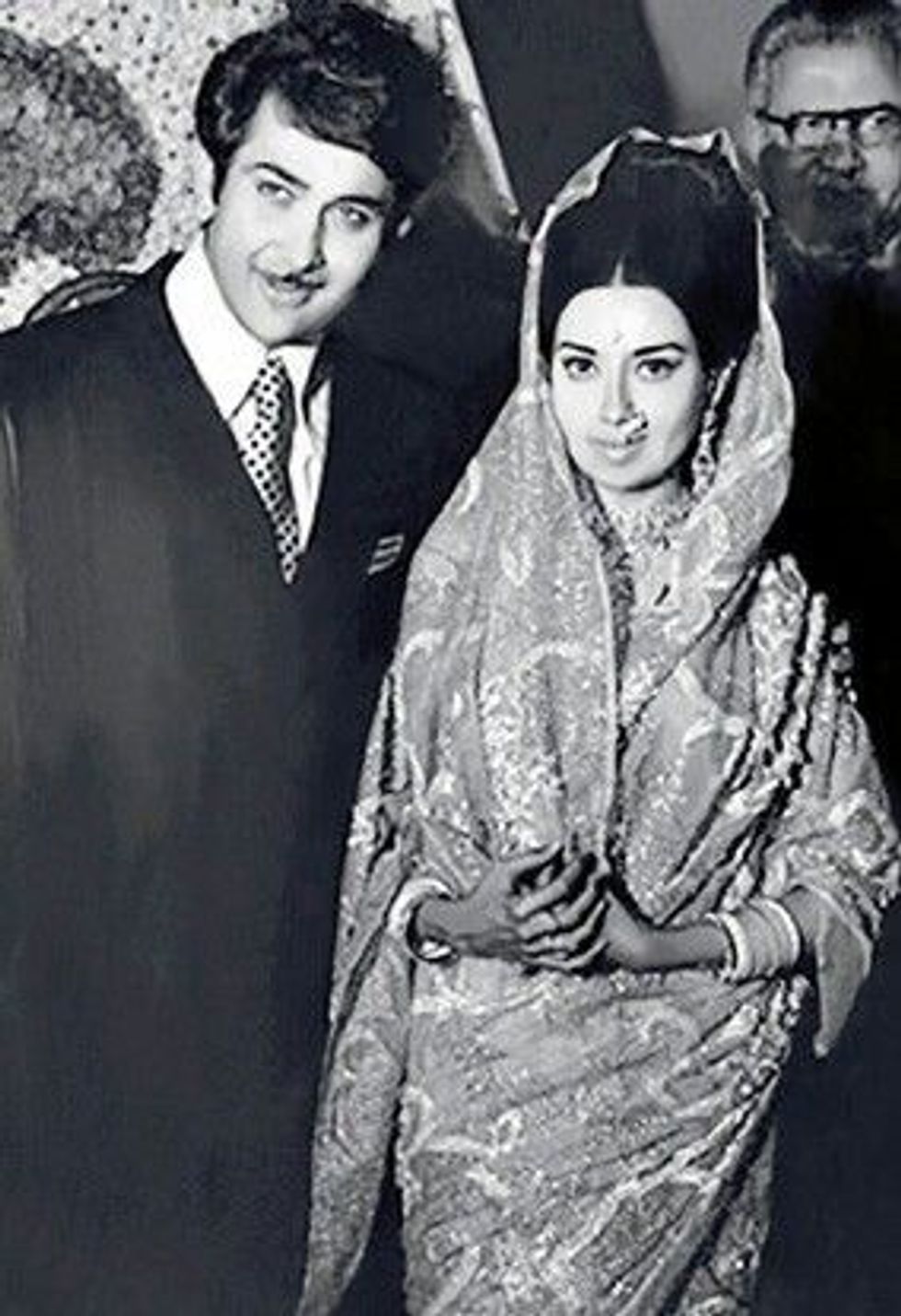 Randhir Kapoor and Babita BollywoodShaadis
Randhir Kapoor and Babita BollywoodShaadis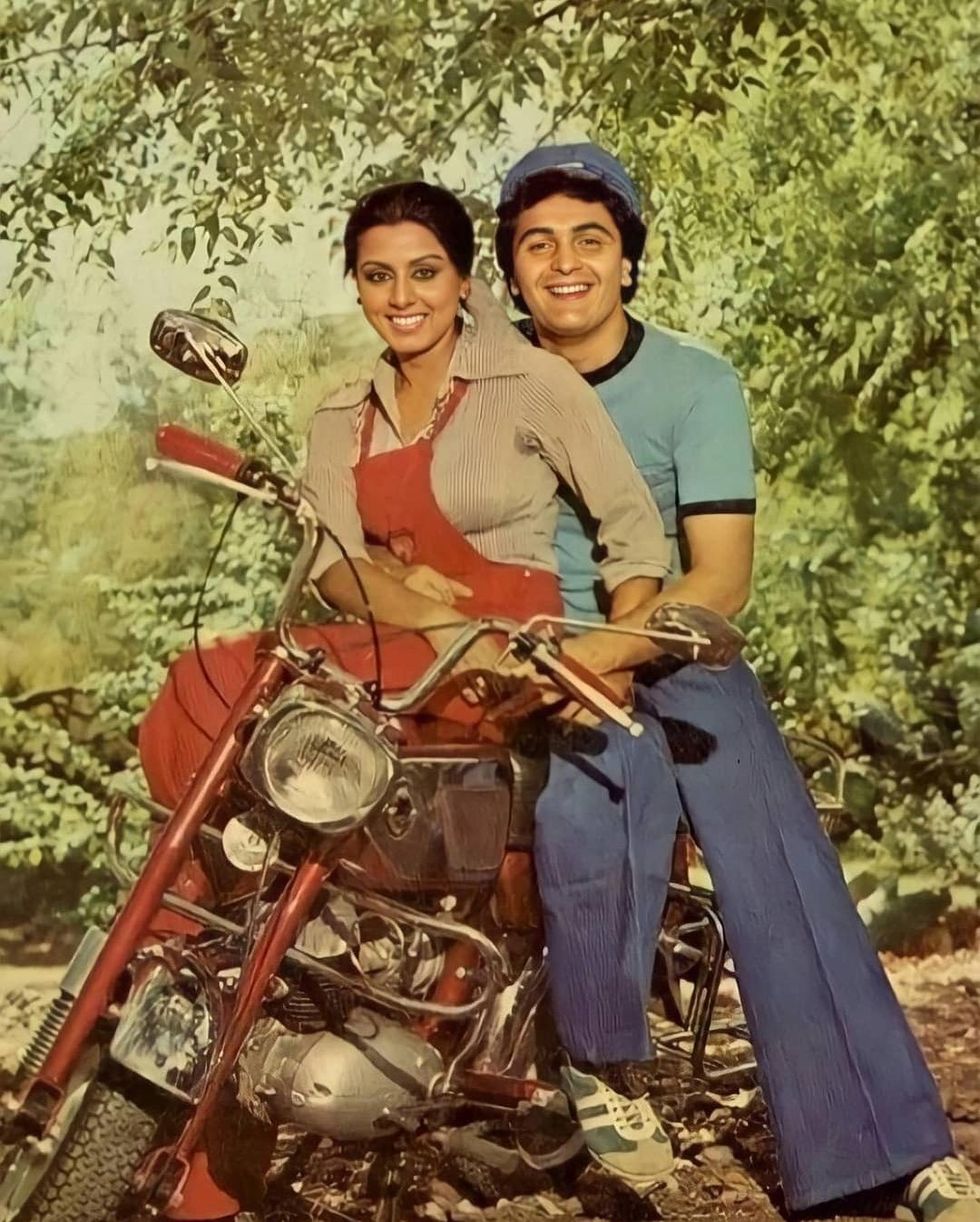 Neetu Singh and Rishi KapoorNews18
Neetu Singh and Rishi KapoorNews18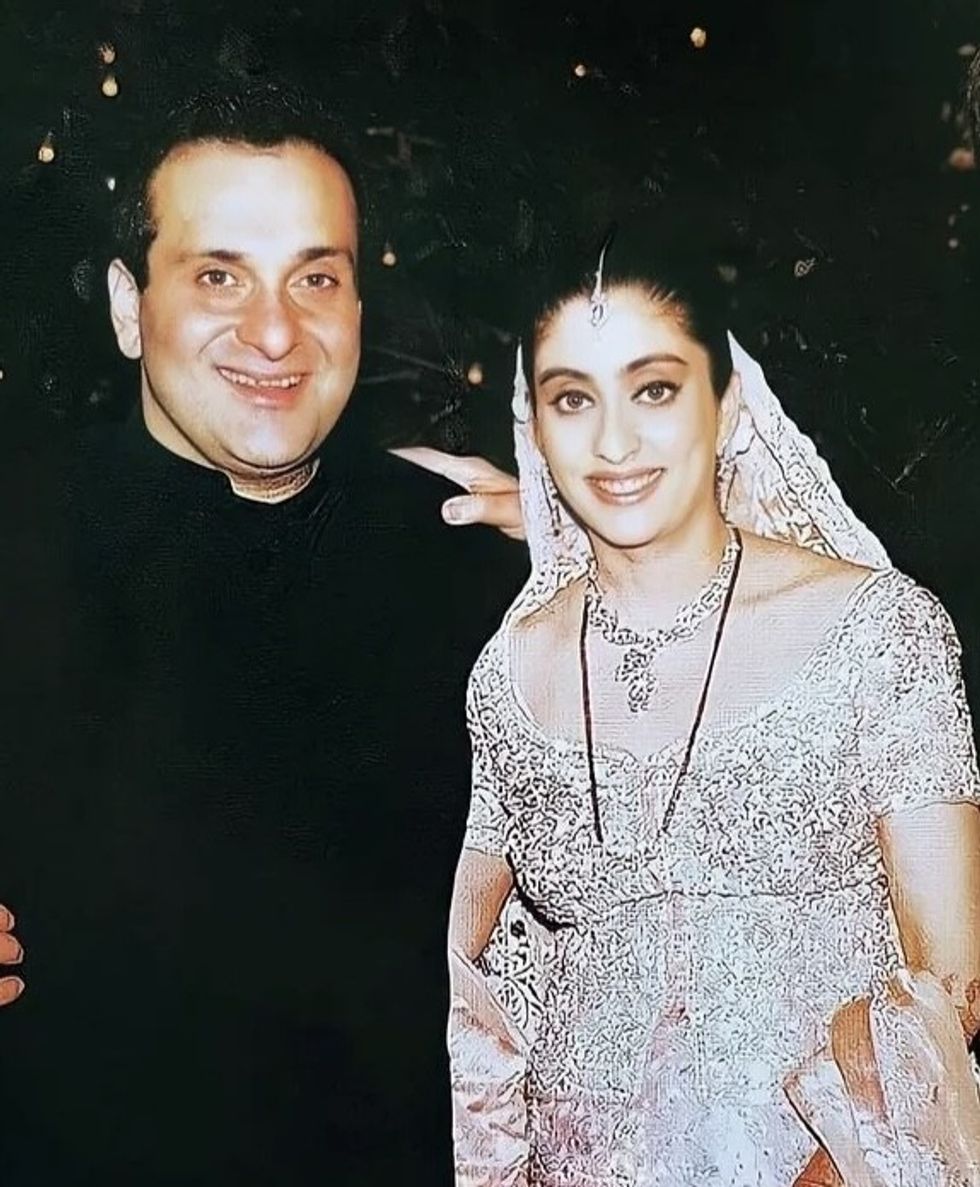 Rajiv Kapoor and Aarti Sabharwal Times Now Navbharat
Rajiv Kapoor and Aarti Sabharwal Times Now Navbharat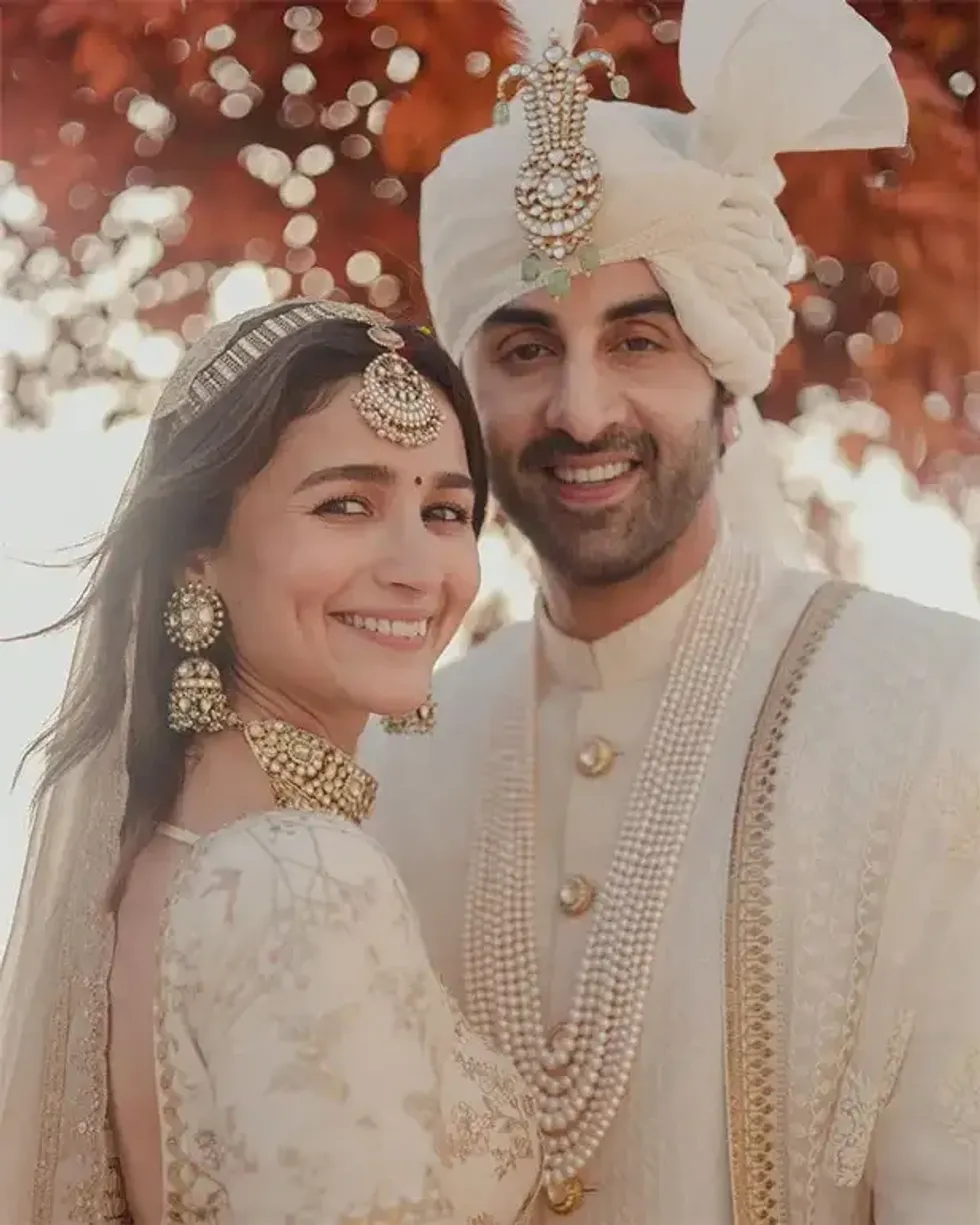 Alia Bhatt and Ranbir KapooInstagram/ aliaabhatt
Alia Bhatt and Ranbir KapooInstagram/ aliaabhatt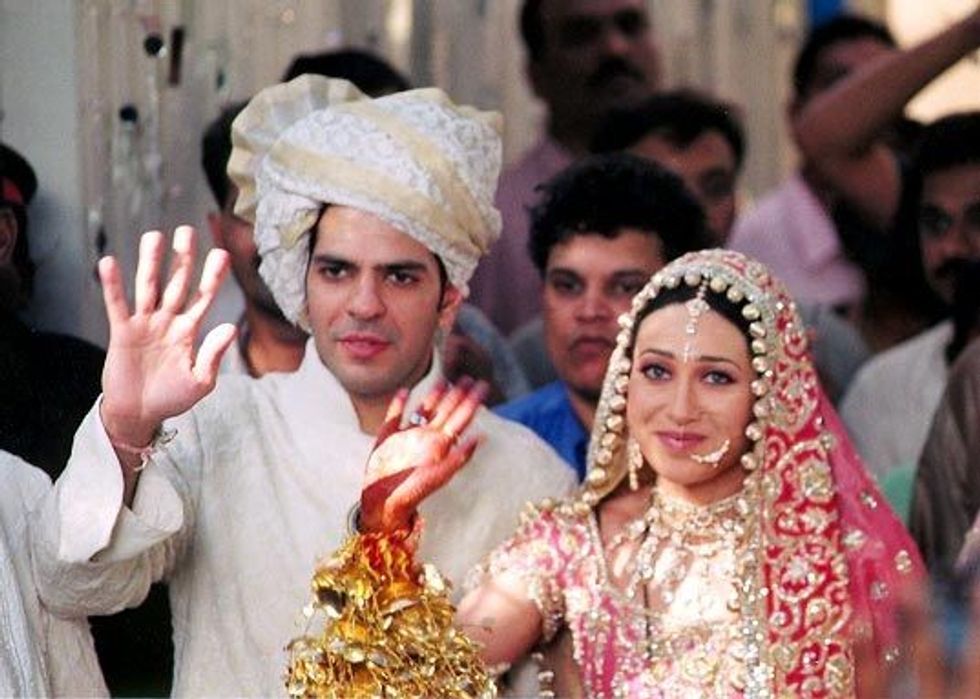 Sunjay Kapur and Karisma KapoorMoney Control
Sunjay Kapur and Karisma KapoorMoney Control
 The real Aurangzeb, the sixth Mughal emperor
The real Aurangzeb, the sixth Mughal emperor Protesters burn a poster of Aurangzeb demanding the removal of his tomb in Nagpur in March
Protesters burn a poster of Aurangzeb demanding the removal of his tomb in Nagpur in March Akshaye Khanna as Aurangzeb
Akshaye Khanna as Aurangzeb Raj Thackeray
Raj Thackeray